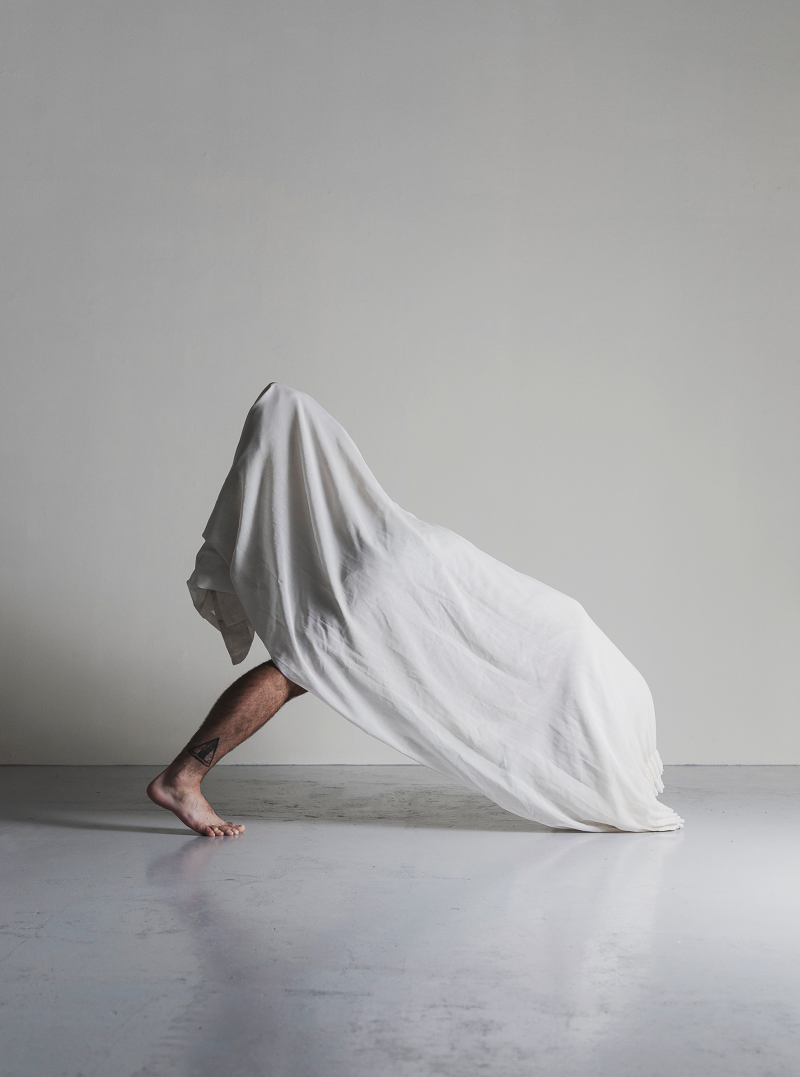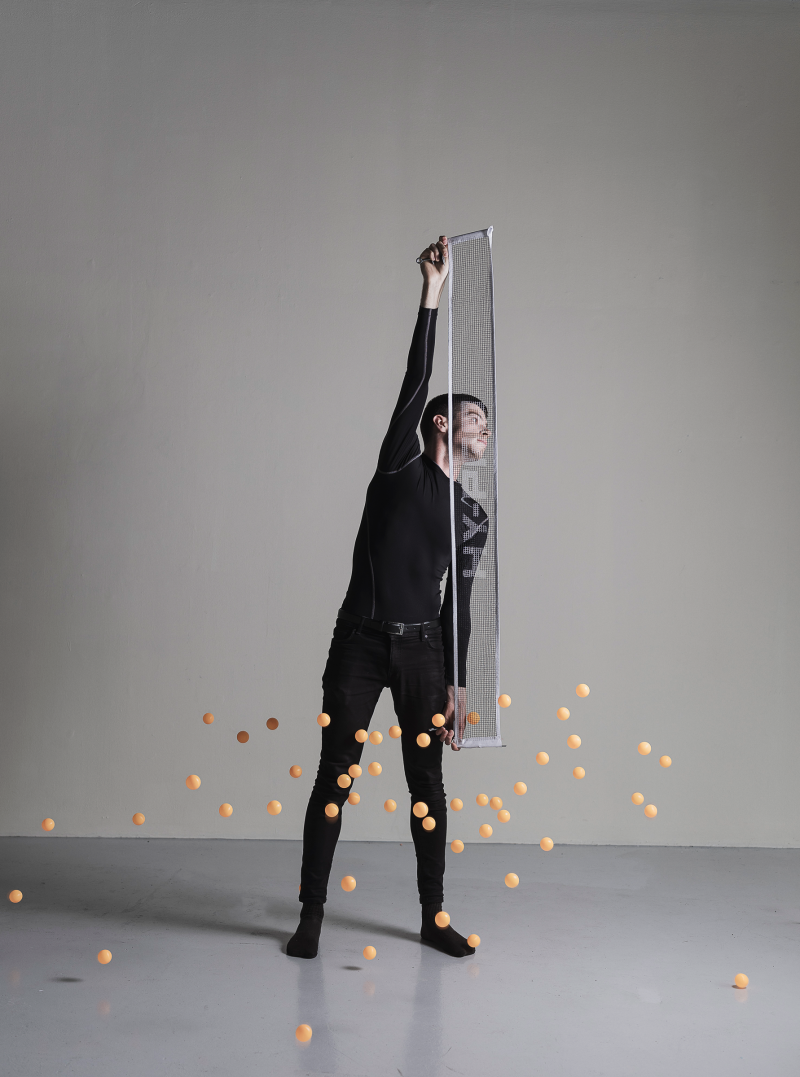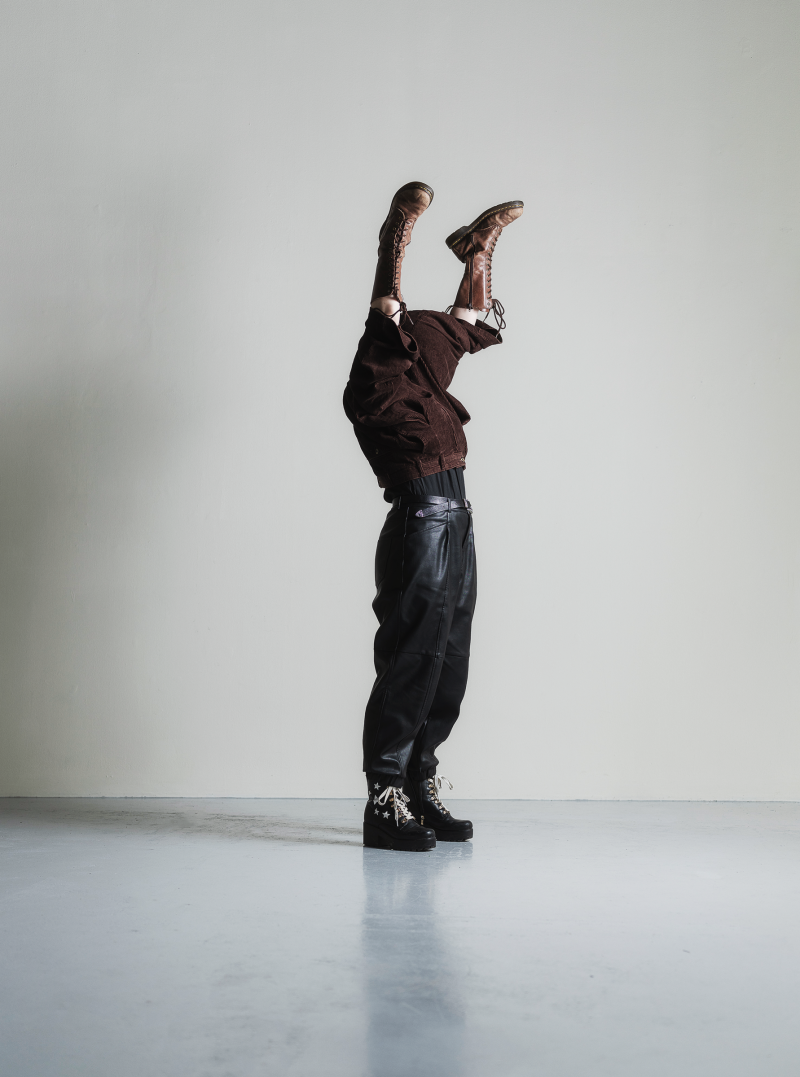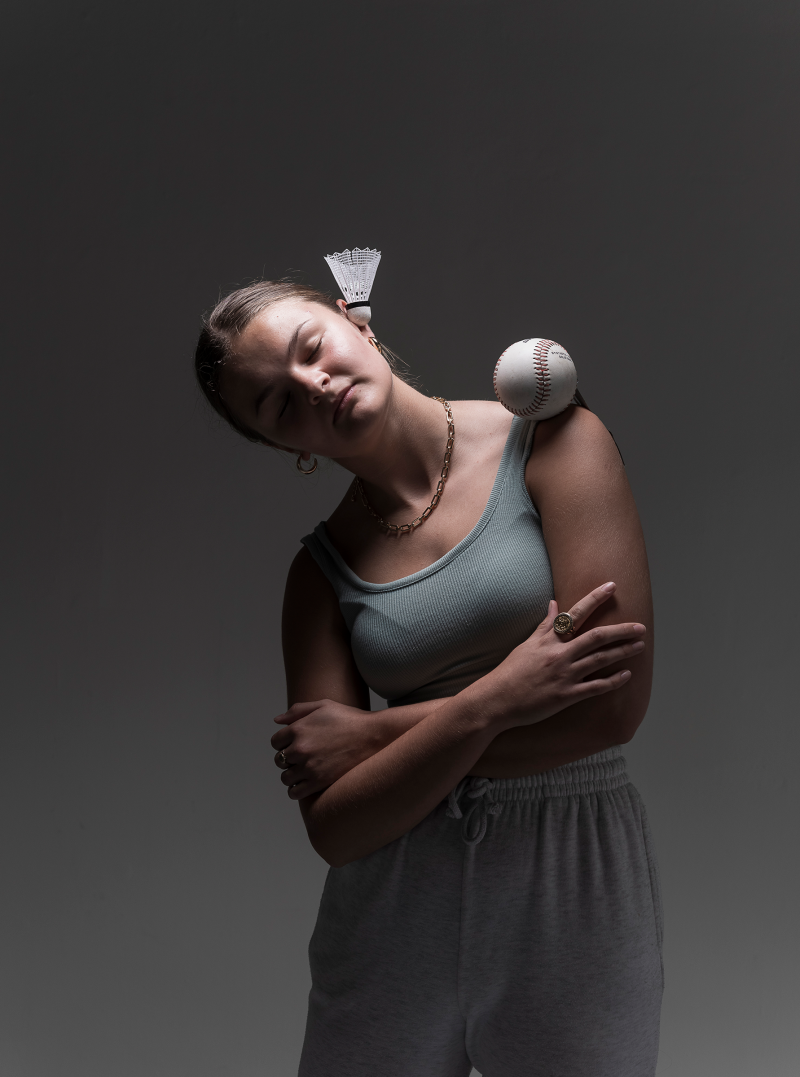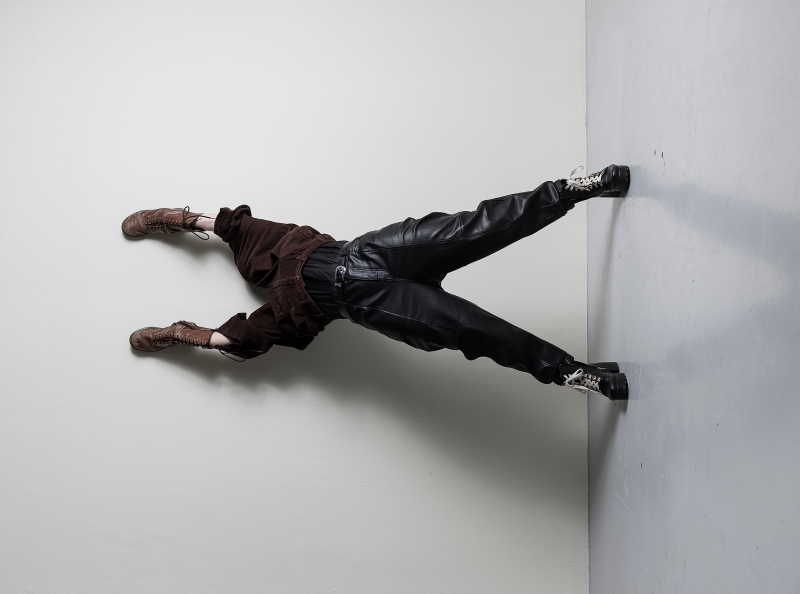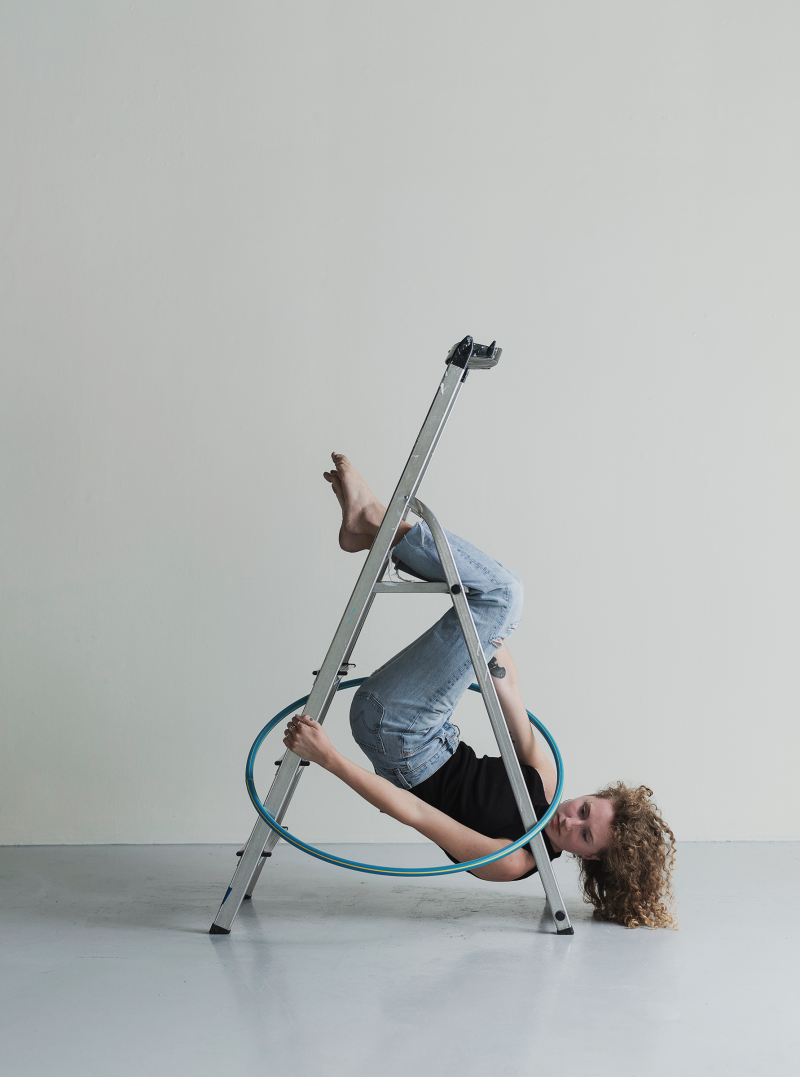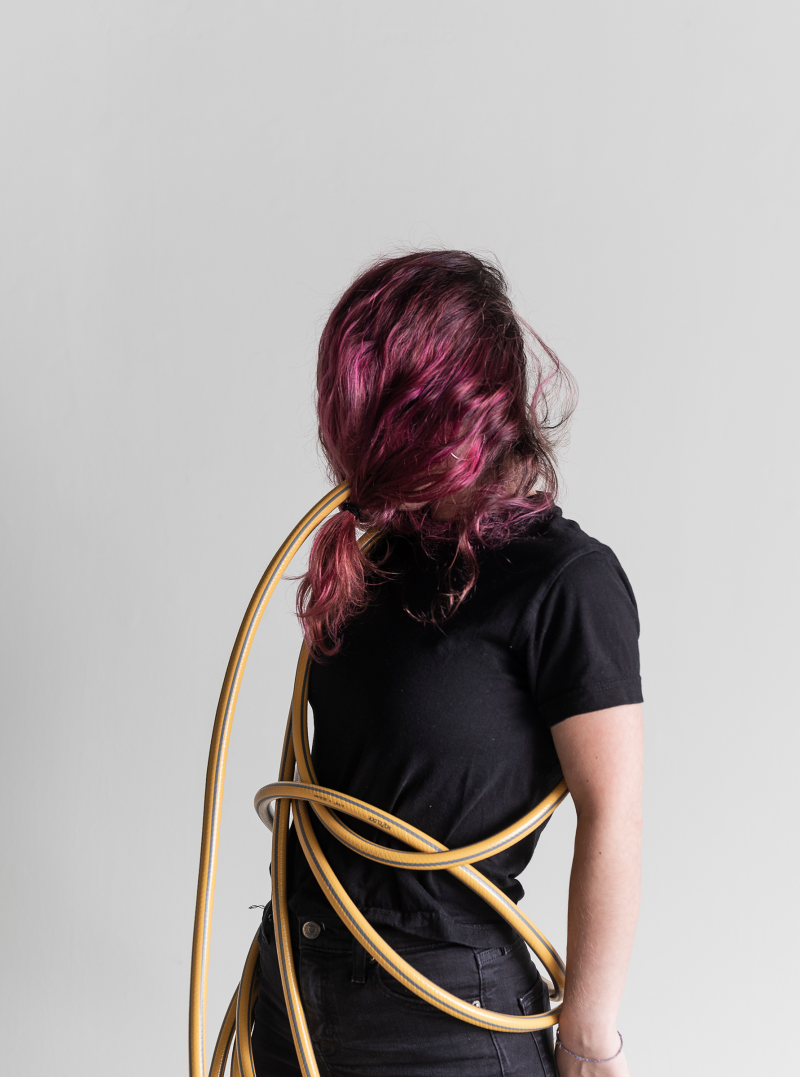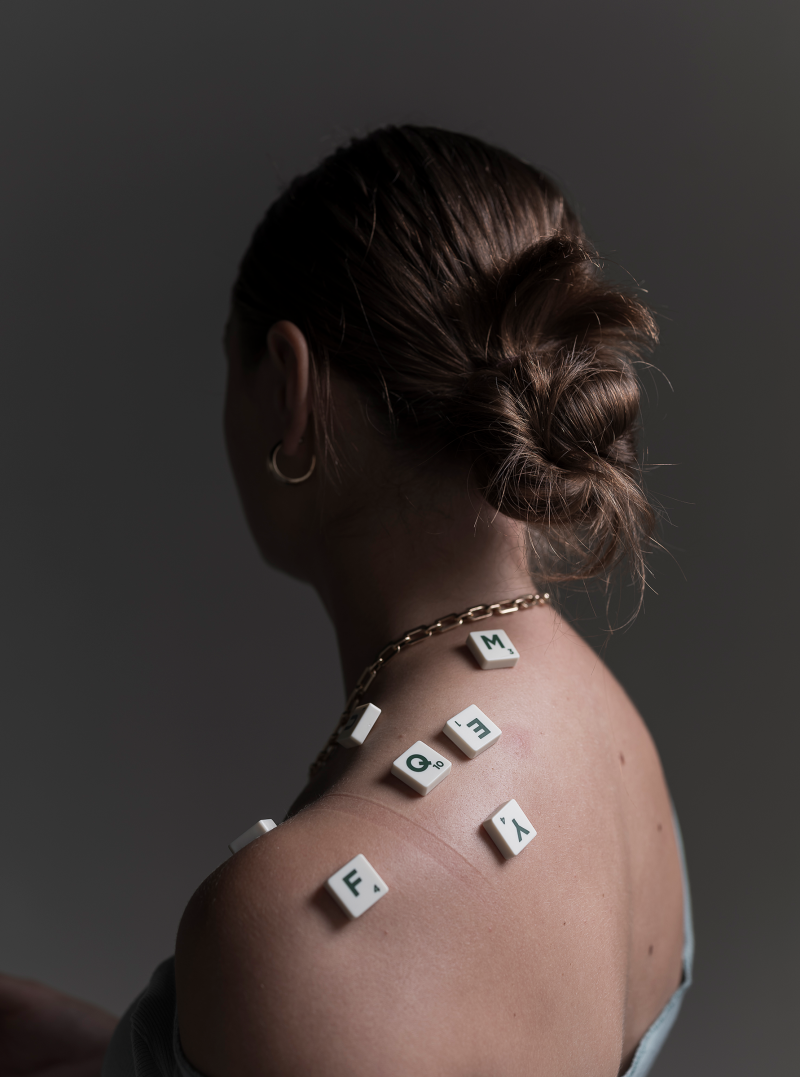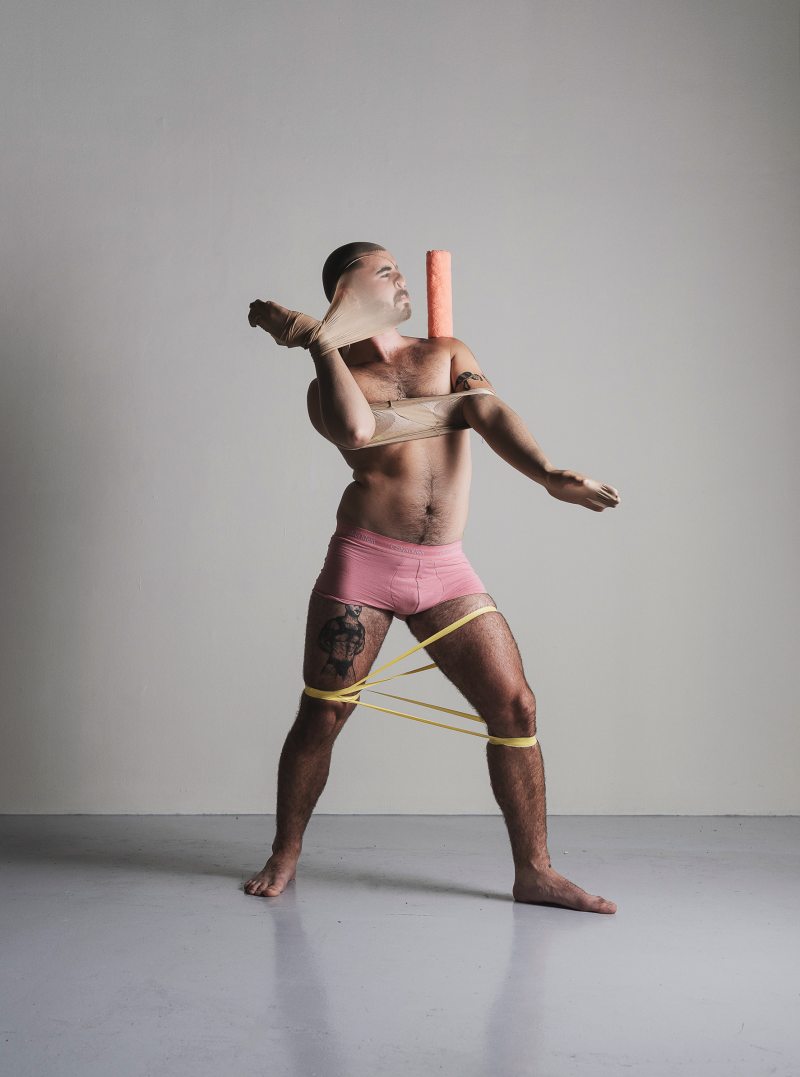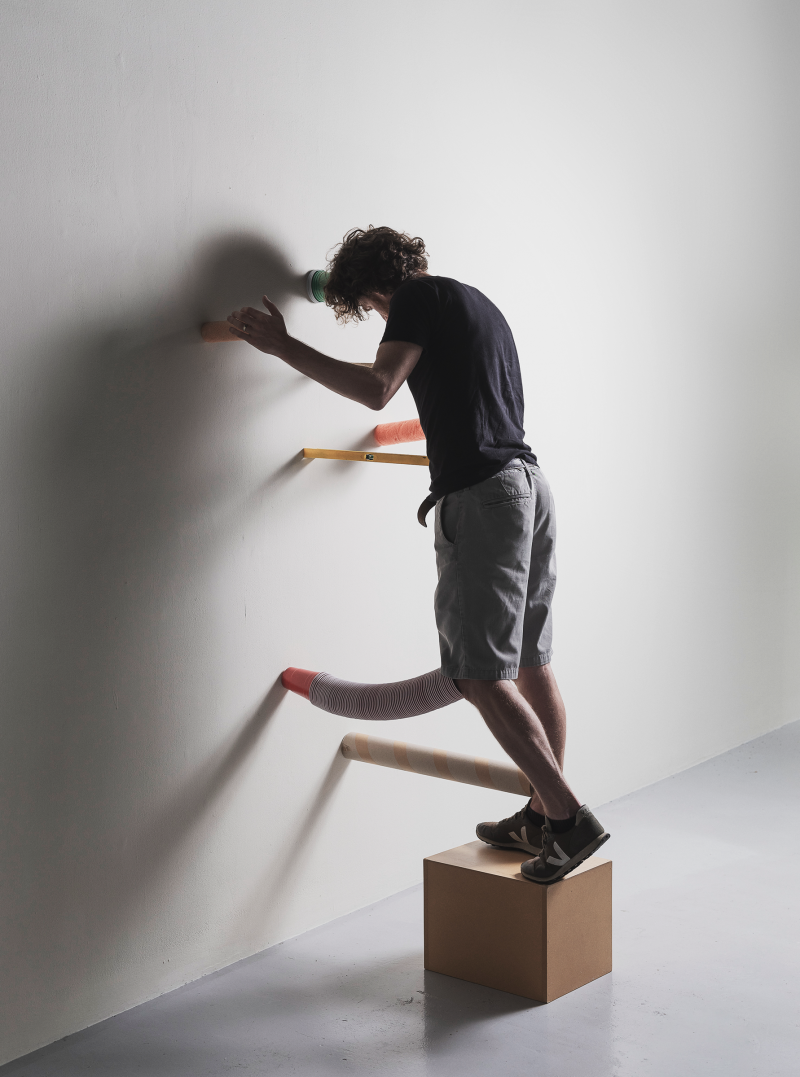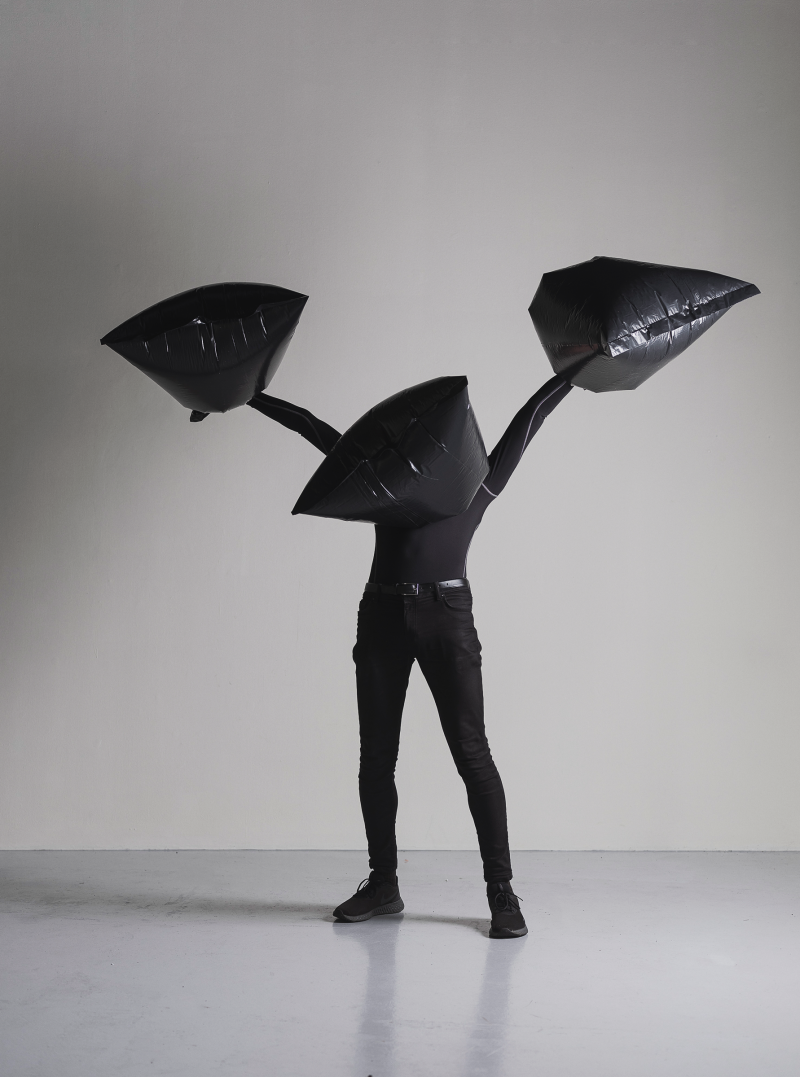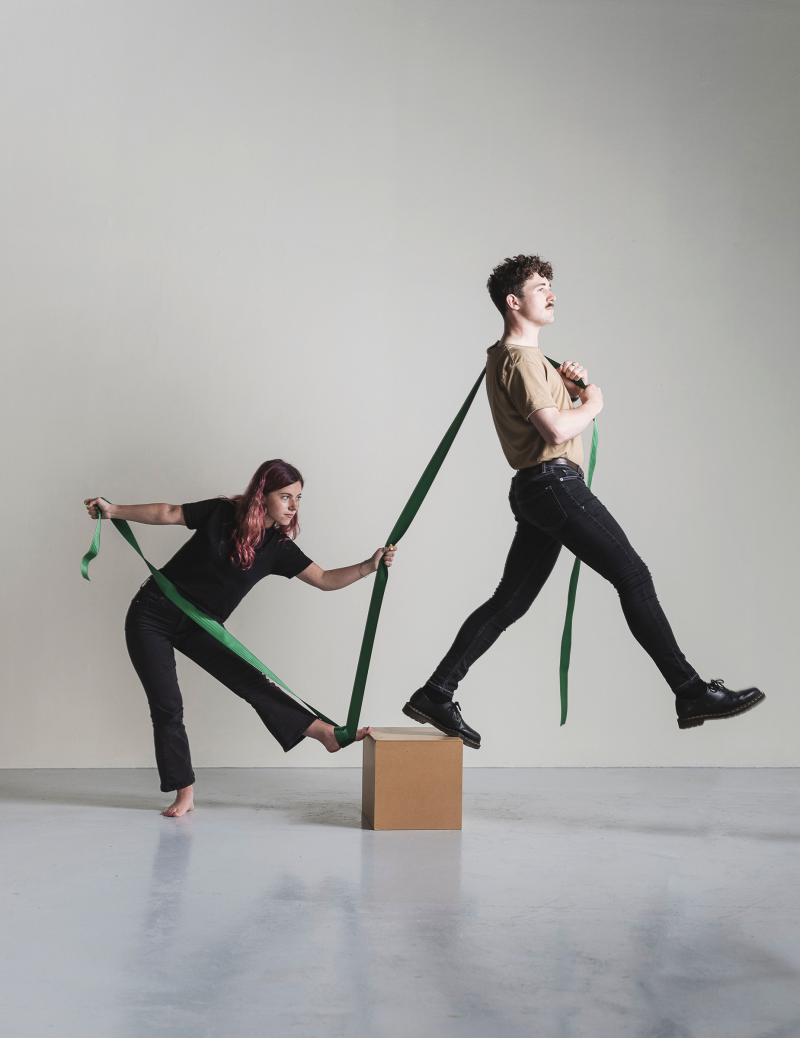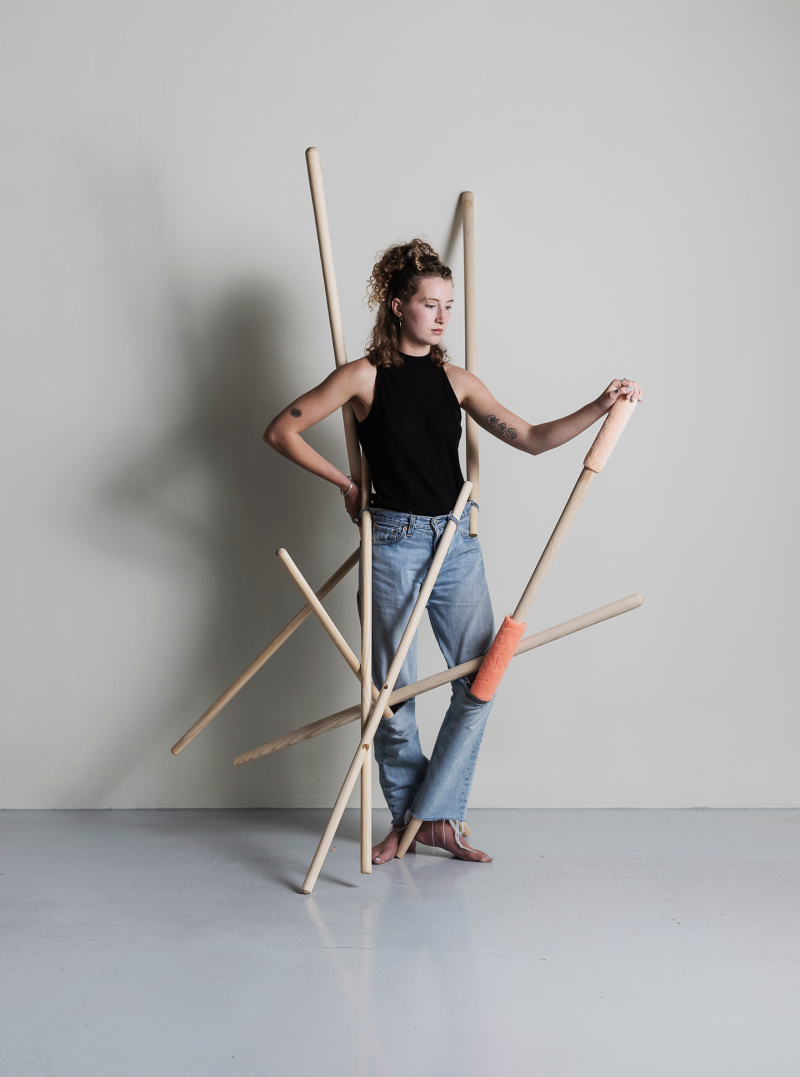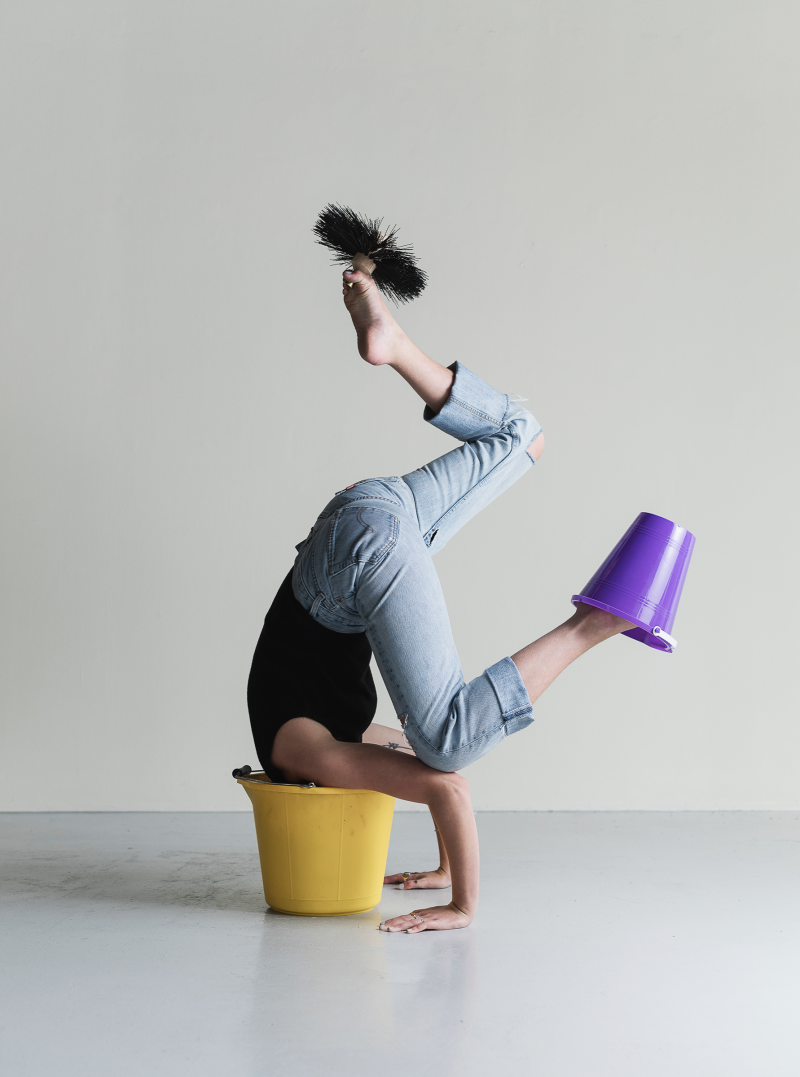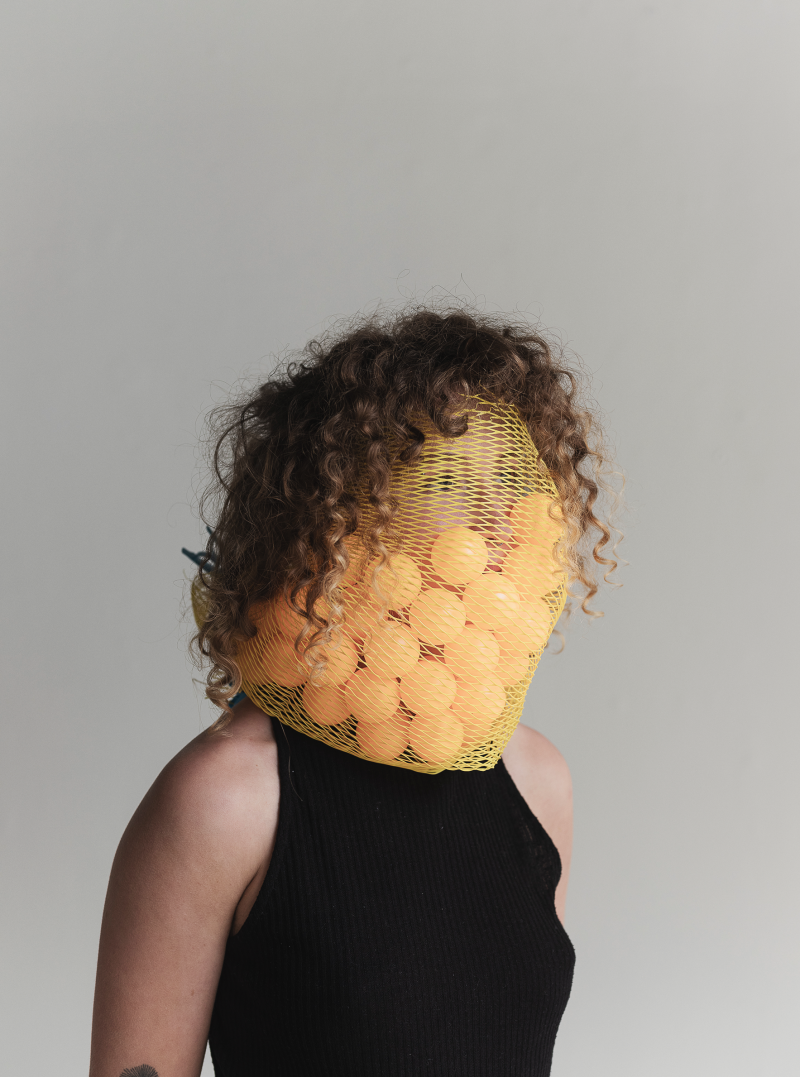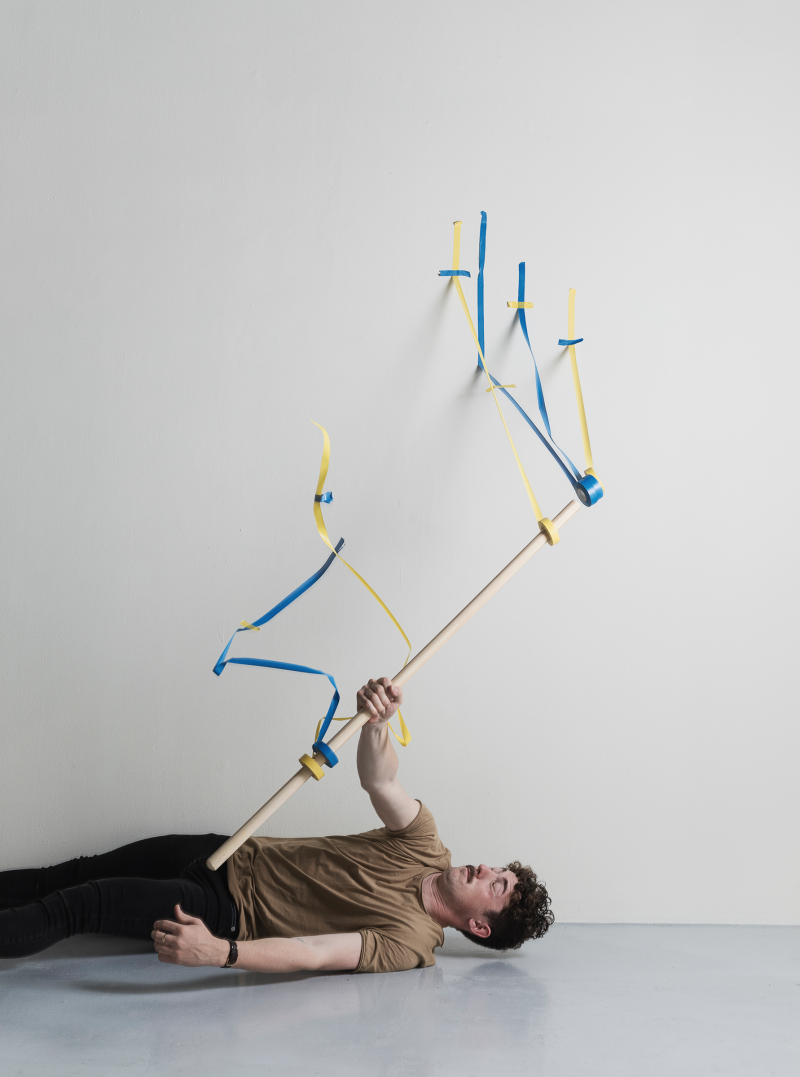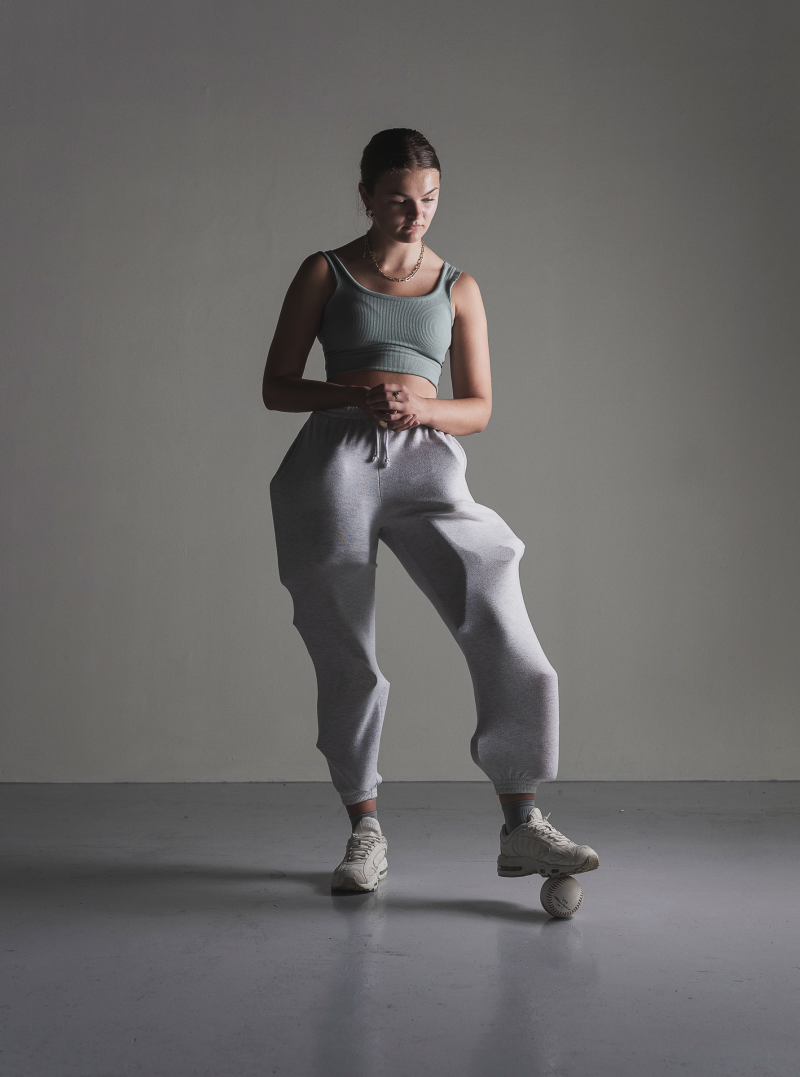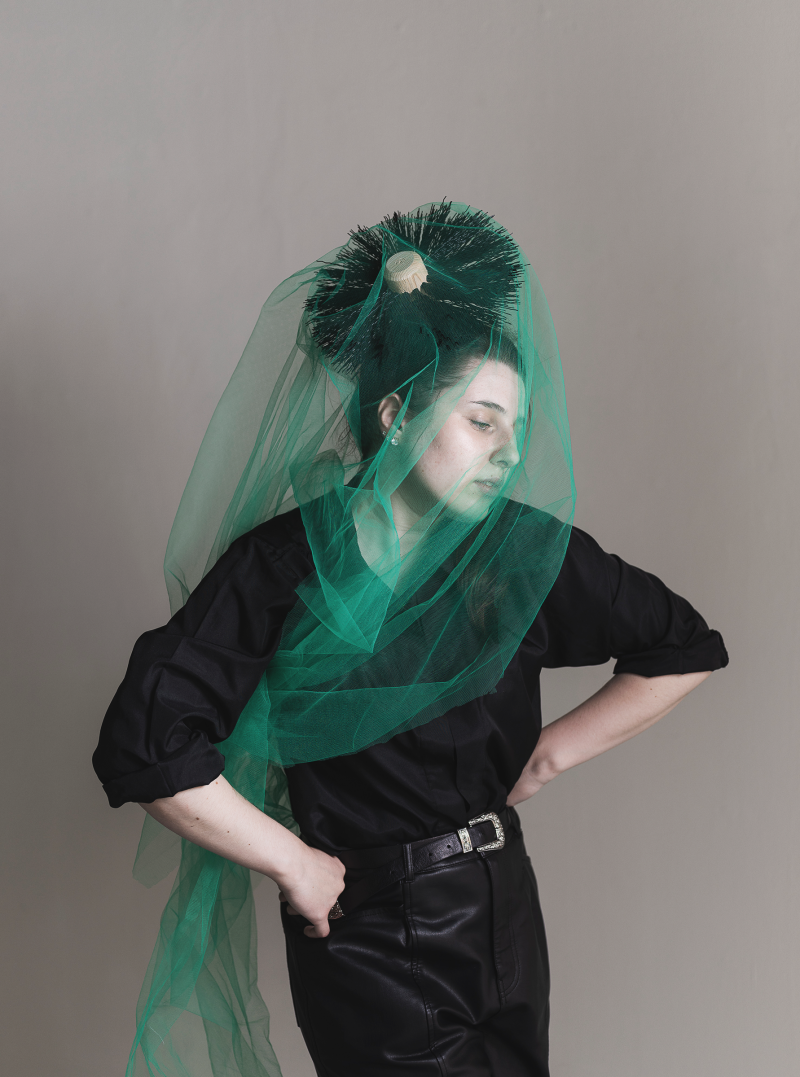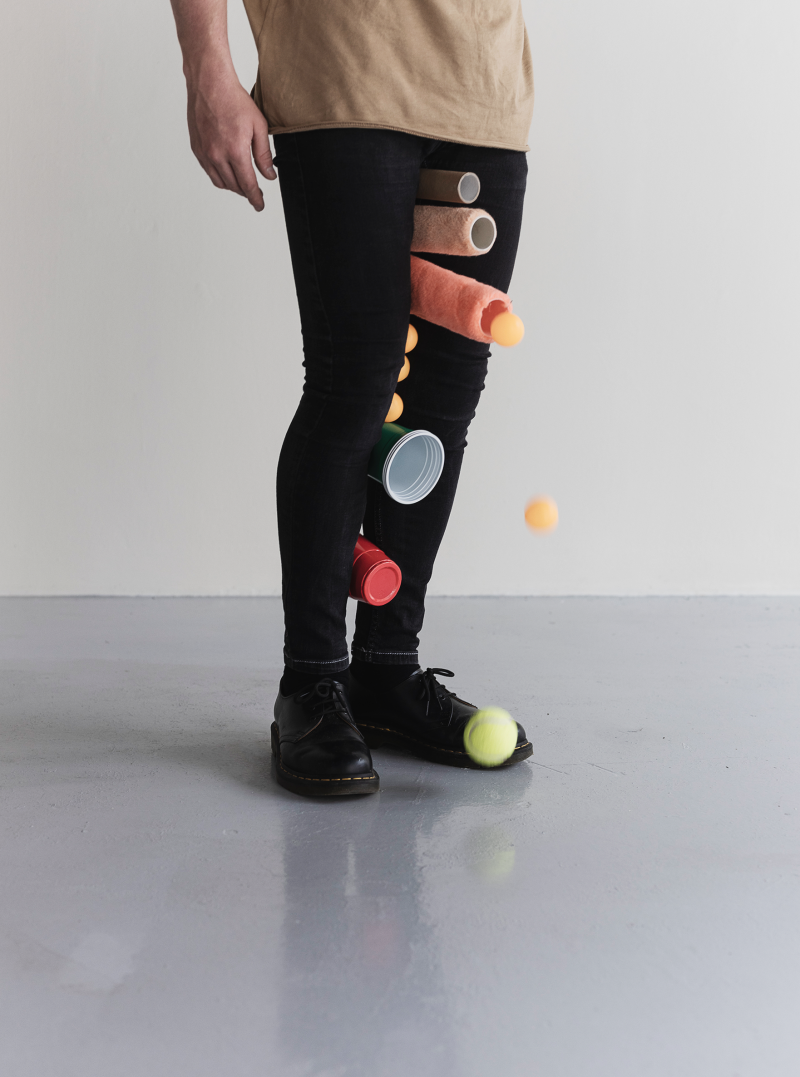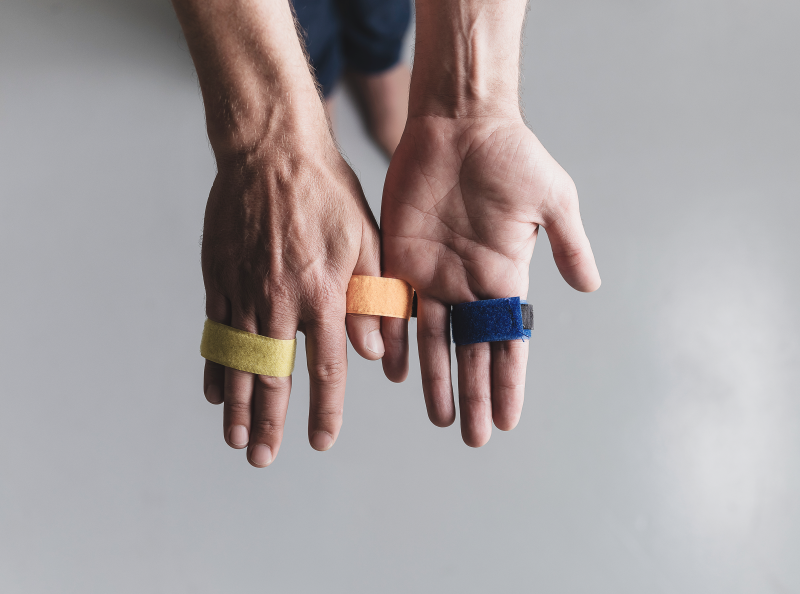
Print is a central discipline within the School of Fine Art. It offers a unique studio environment - The Print Workshop - where collaborative and peer-to-peer learning is paramount. The workshop sits parallel to the studios where students are allocated their own dedicated workspace. In print, students have an opportunity to explore old and new print-related technologies – from 15th Century processes in etching right through to 21st Century 3D printing. Students are encouraged to explore how these technologies intersect in innovative ways and to expand the parameters of print to include sculptural approaches, installation and digital media.
What will I study?
The Print programme encourages students to explore print making and print culture – developing each individual’s creative potential while providing a broad range of methods and approaches of value to an expanded print practice that is of relevance to current trends in contemporary art. The Print department emphasises the advantages of evolving your practice – your ideas and methods – so that you leave the programme with highly transferrable and relevant skillsets within and beyond the scope of an artist.
Students are supported in gaining skills and critical knowledge across a range of methods, techniques, skills and approaches to art-making through the lens of print; these include the traditional print-making processes of intaglio-printing, screen-printing, lithography, book-arts and photography. Under expanded print methods, you have the opportunity to explore and develop your visual language through collage, digital montage, lenticular imaging, rapid prototyping, video editing, projection mapping, animation, 2.5D animation and audio-visual installation. Drawing is an essential component of printmaking and it underpins these processes; we embrace drawing in its most expanded sense including that which is made through digital devices, pen plotters and laser cutter. Print has a reputation for adapting, co-opting and hacking old and new technologies. You will be encouraged to innovate through your engagement with both old and new.

Year 1
The first semester explores interdisciplinary Art and Design research, observation and analysis. In the second semester, all Fine Art students get a working taste of subjects with six weeks of workshops in two pathways selected from: Ceramics and Glass, Media, Painting, Print, Sculpture and Textile Art & Artefact. The balance of the semester is spent exploring specific print-related ideologies in preparation for specialism in Print.
Year 2
In the second year you will focus on skills acquisition, exploring traditional printmaking as well as the most up-to-date approaches of digital image manipulation. You will be encouraged to test how print can expand into public space by way of dissemination through exhibition and other site-specific interventions. By the end of Year 2 you will be expected to develop a direction for your personal practice. Continuing your studies through the Studio+ pathway following Year 2 is strongly recommended and encouraged.
Year 3: Studio+ & International
An optional opportunity to gain experience in a range of social and cultural contexts in the world beyond NCAD. Build your skills as an artist while working with an organisation with links to the School of Fine Art. Studio+ can also include a period of study abroad through the Erasmus programme with internationally recognised art faculties partnered with NCAD. Students who choose Studio+ will complete a 4 year BA Fine Art or a 4 year BA Fine Art (International). In print we have fostered links with Black Church Print Studio to offer internships to 2 successful Studio+ Print students. This opportunity gives the student insight into a real-world artist-run print studio. Studio+ also gives print students the opportunity to apply and adapt their print-making and print-thinking skills gained in year 2 to other real-world opportunities and modules available to them in Studio+.
Final Year
In the final year you will develop a personal art practice. You will design a personal research and practice project that will form part of your professional portfolio of work, which you will present in the final year Graduate NCAD Works exhibition. Although largely self-directed, this project is under constant tutorial guidance and supervision; it is supported through a series of taught research and practice seminars and group crits. Professional practice lectures will prepare you for life as a practising artist and enable you to conduct your practice in a professional manner.

How will I be assessed?
Assessment throughout the programme, in both your studio practice and in Critical Cultures, will be on a continuous basis, at the end of each completed module and at the end of each semester (half-year). Formal assessment results will be issued at the end of each academic year. Modes of assessment will include practical and written assignments, oral and visual presentations, portfolios and exhibitions.
Critical Cultures
Become a critically engaged, reflective and effective practitioner through studying the connections between history, theory and practice in modern and contemporary contexts.
Find out more
Opportunities after graduation
Students who graduate from Print are both creatively and technically competent to produce their own work and engage with the world of contemporary visual art practice. They are computer literate, multi-skilled individuals possessing a range of practical and professional skills relevant to a variety of career options within the creative arts. Many transferable skills are learnt which enable the graduate to engage with the creative industries in a broad and specific manner. Our graduates have found employment both at home and abroad in a variety of areas including – as practising artists; in technical roles in print workshops eg Glasgow Print Studio, Graphic Studio Dublin and Stoney Road Press; in theatre and performance companies; in archives and museums; and in publishing. They are also proficient in curating methods, conservation, teaching and lecturing. A number of graduates also go on to postgraduate study within NCAD and outside of Ireland gaining entry to leading art colleges including Goldsmiths College London, the Royal College of Art and The Art Institute of Chicago. Print students also have an opportunity to avail of a funded Erasmus+ Graduate Print Internship in Vienna – this is through application on completion of their final year.
